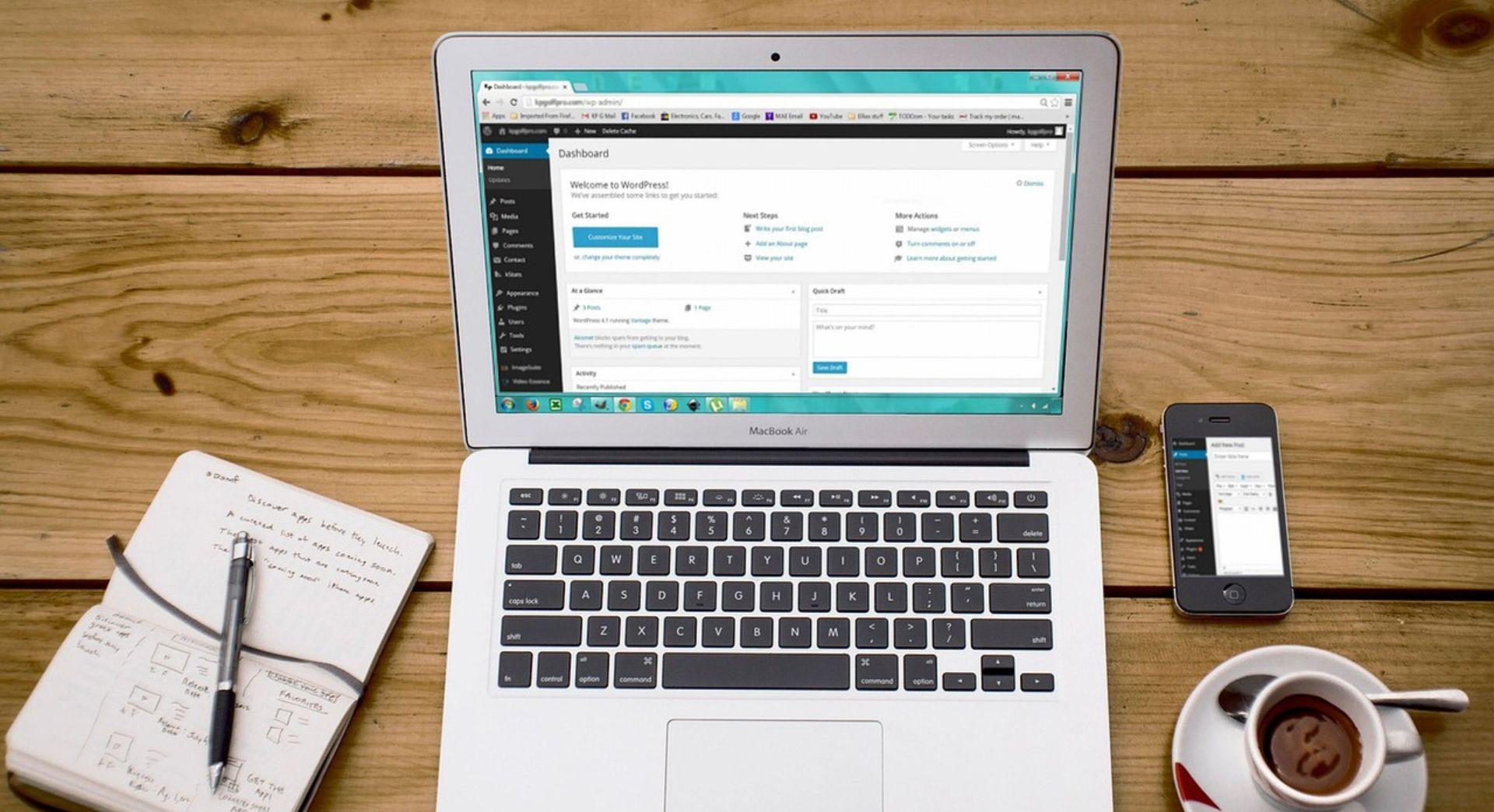You've probably heard a lot about the General Data Protection Regulation (GDPR) lately - both because you've had to ensure your own business and/or website comply, and because of all those GDPR emails landing in your inbox.
In this guide, we'll be looking at some of the most frequently asked questions about how GDPR affects your relationship with GoDaddy.
Is my website/business GDPR compliant?
Unfortunately, GoDaddy can't tell you if you're complying with GDPR. If you need more help, the Information Commissioner's Office (ICO) has an excellent guide to GDPR for small businesses.
What is GoDaddy's privacy/data policy?
GoDaddy is fully compliant with GDPR. Here you can read GoDaddy's privacy policy, including information on what data we store and what it is used for.
In addition to this, all GoDaddy staff members are trained on data protection issues.
Can I see what data GoDaddy holds on me specifically?
Yes. This guide details the steps you need to take to download the data GoDaddy holds on you.
We will respond to your request within 30 days by providing a link which will allow you to download your data. This data will be in an electronic format which, if desired, can be ported to other service providers.
Can I delete my GoDaddy account?
Yes. But first you must cancel all products and services with GoDaddy. This includes any Good As Gold accounts.
Important: You will no longer be able to log into your account after it's closed and all remaining In Store Credits will be forfeited. Account closure cannot be reversed.
After your account is closed, it may take up to 30 days for your account data to be deleted. Deleted data cannot be recovered.
Data that is necessary for the products or services you have purchased may be retained if it is required for our legitimate business purposes or legal or contractual record keeping requirements.
You can delete your GoDaddy account here.
Can I manage the marketing emails I receive from GoDaddy?
You can manage the marketing emails, and other communications, you receive from GoDaddy in your account's control panel.
New GoDaddy customers will be able to manage the communications they receive from GoDaddy when making a purchase.
Does GDPR mean I have to have an SSL certificate on my website?
GDPR is all about protecting people's personal data. And if you website has any of the following:
- Contact forms
- Order processing/ecommerce
- A logged in area
- A newsletter subscription form
Then, personal data is being transmitted via your website. As part of GDPR compliance, this data must be protected. A good option for doing this is to use an SSL certificate on your website, as this will encrypt data sent via your website.
You can learn more about SSL certificates in this guide.
Where can I go for more help on GDPR?
The ICO runs an advice service for small businesses, which will be able to offer you more information.
If your business is complex and/or you handle large amounts of personal data, you may wish to employ the services of a data protection specialist.






